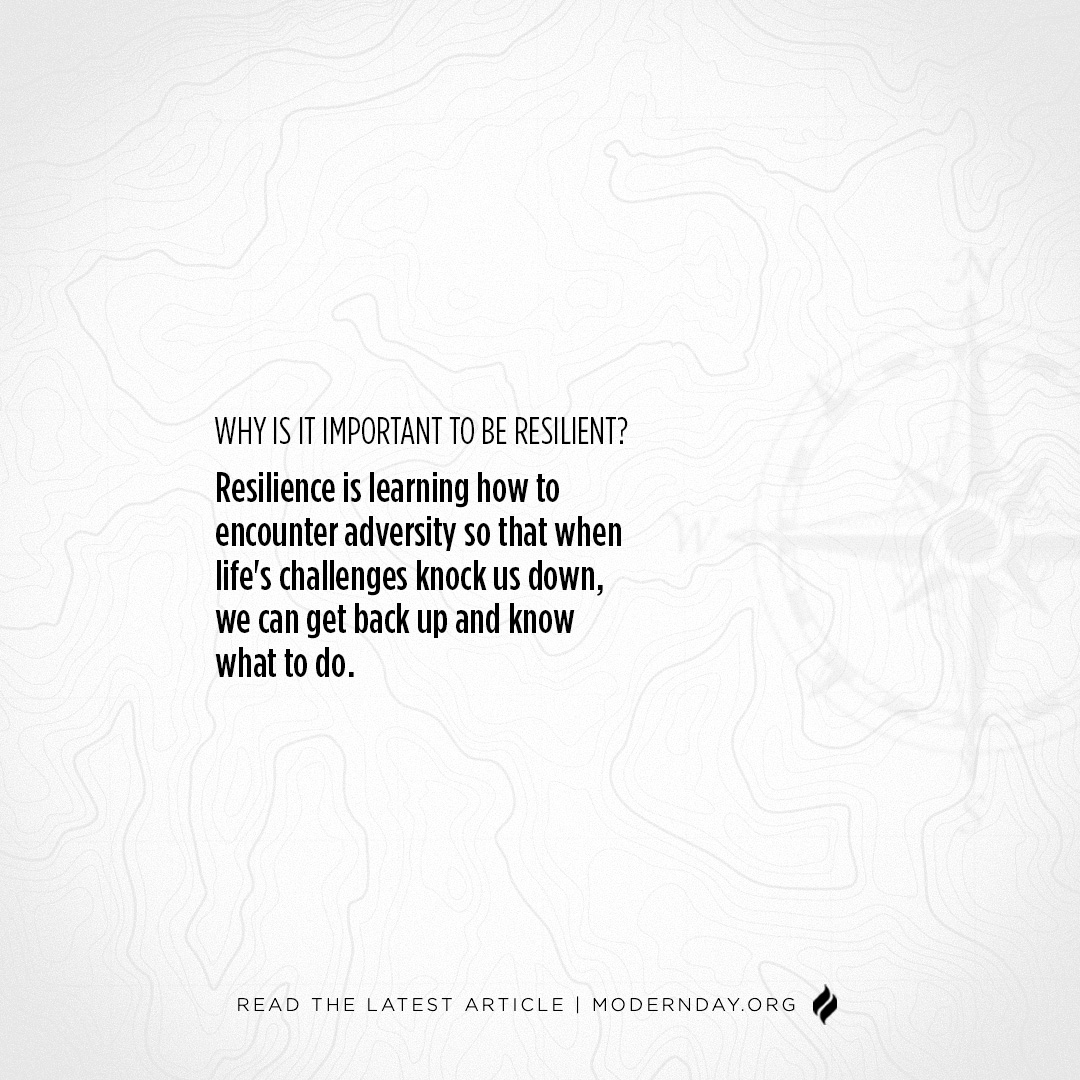The following is the second in a six-part series about unity in the Body of Christ. The views expressed in this series are the author’s and are not necessarily endorsed by Modern Day Missions.
Perhaps the primary disputes that have given rise to sectarianism among Christians involve individual and corporate religious beliefs and practices. The word “religion,” as the Bible uses it, is from the Greek word “thrēskeia” and has to do with a person’s (or group of people’s) “external” conduct and also includes patterns of “discipline” as well as “ceremonies.” I tend to think of religion as “the habitual ways in which people or groups relate to God.
Some denominations hold religion to be much more important than do others. Within many Charismatic/Pentecostal denominations and churches, for example, believers are taught that a disciplined Christian lifestyle is necessary to preserve the salvation God has given them — a belief system known as “conditional security.” This is in contrast to Christians who subscribe to the Reformed belief in the “perseverance of the saints.” This is the idea that “born again believers” are not only eternally secure, they are also bent toward godliness because of the regenerative work of the Holy Spirit. Thus, they inevitably become increasingly obedient to Christ until the end of their lives. Those who do not, according to many Reformed adherents, were never saved — their failure to endure did not cost them their salvation. Despite these differences, both sides readily embrace each other as fellow workmen in the cause of Christ.
Within the National Association of Evangelicals, esteemed denominations from both camps (such as the Assemblies of God, Church of the Nazarene and Wesleyan churches on the “conditional security” side and the Christian Reformed Church in North America, Evangelical Assembly of Presbyterian Churches in America and Presbyterian Church in America on the “perseverance” side) work together on projects related to church development, public policy and humanitarianism. Overall, the association includes more than 40,000 congregations spanning a wide range of religious beliefs and practices. How has a group with such disparate doctrinal makeup lasted for more than 70 years despite profound differences over soteriology? Likely because although member denominations disagree over the relationship between salvation and obedience to Christ, they each agree that obedience is important. While members of the Reformed faction don’t teach that salvation can be forfeited through continual sin, they might believe the issue is moot because perseverance naturally occurs in the life of a “true” believer. Moreover, Charismatic/Pentecostal believers mostly agree with their Reformed brethren that people are saved through the grace of God alone, but they disagree that Christians are inevitably “kept” by that grace. Rather, in order to stay secure in one’s salvation, one must conscientiously “participate in the divine nature” in order to “escape the corruption in the world,” to borrow phrases from the Apostle Peter. Sin corrodes the soul, which leads to weakened faith and eventually to apostasy, according to this view. However, because both sides agree that perseverance in the faith ultimately accompanies salvation, and because they agree that salvation comes through faith alone and not works, they are able to maintain tolerance for one another.
Divisions over congregational religious practices have caused many church splits, but they have not stopped denominations from cooperating under agree-to-disagree circumstances. For example, Baptists such as Albert Mohler have had no trouble partnering with Presbyterians such as J. Ligon Duncan III. Both men work along with other Reformed luminaries as members of the Alliance of Confessing Evangelicals, of which Duncan is the former president. Even though Baptists believe individual church bodies should be autonomous and Presbyterians believe each congregation should submit to a chain of command that resides beyond its own walls, leaders from both groups have set such differences aside in favor of advancing what they perceive to be the more important theological and spiritual tenets of Reformed doctrine. In the name of unity over essentials, members of the alliance have also set aside their religious differences over the issue of baptism. Whereas members such as Mark Dever believe baptism should only be performed on a person who has publicly confessed Jesus Christ as lord and savior, others such as R.C. Sproul believe that infants should be baptized as a way of dedicating them to the Lord, not unlike the Jewish custom of circumcision. Perhaps the reason that that matter has not caused deep inter-congregational strife is because the infant-baptism stance held by Sproul and other Reformed adherents is not believed to be a matter of salvation.
If you would like to make a financial contribution to Raymond Billy, CLICK HERE!!







